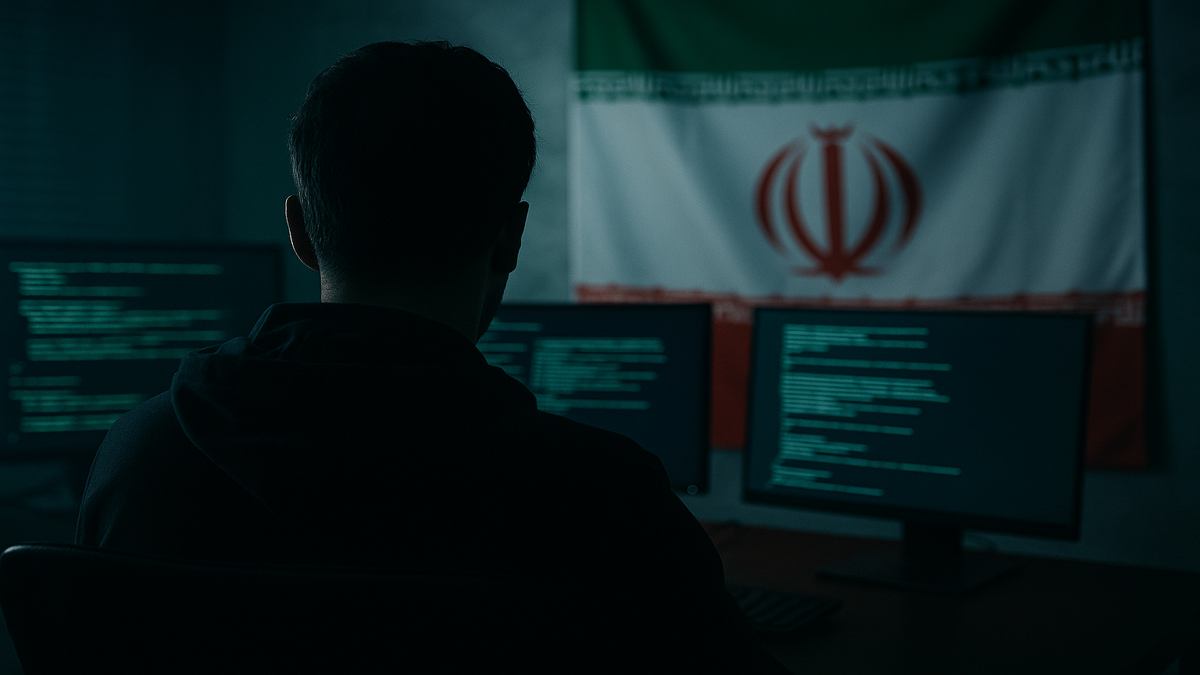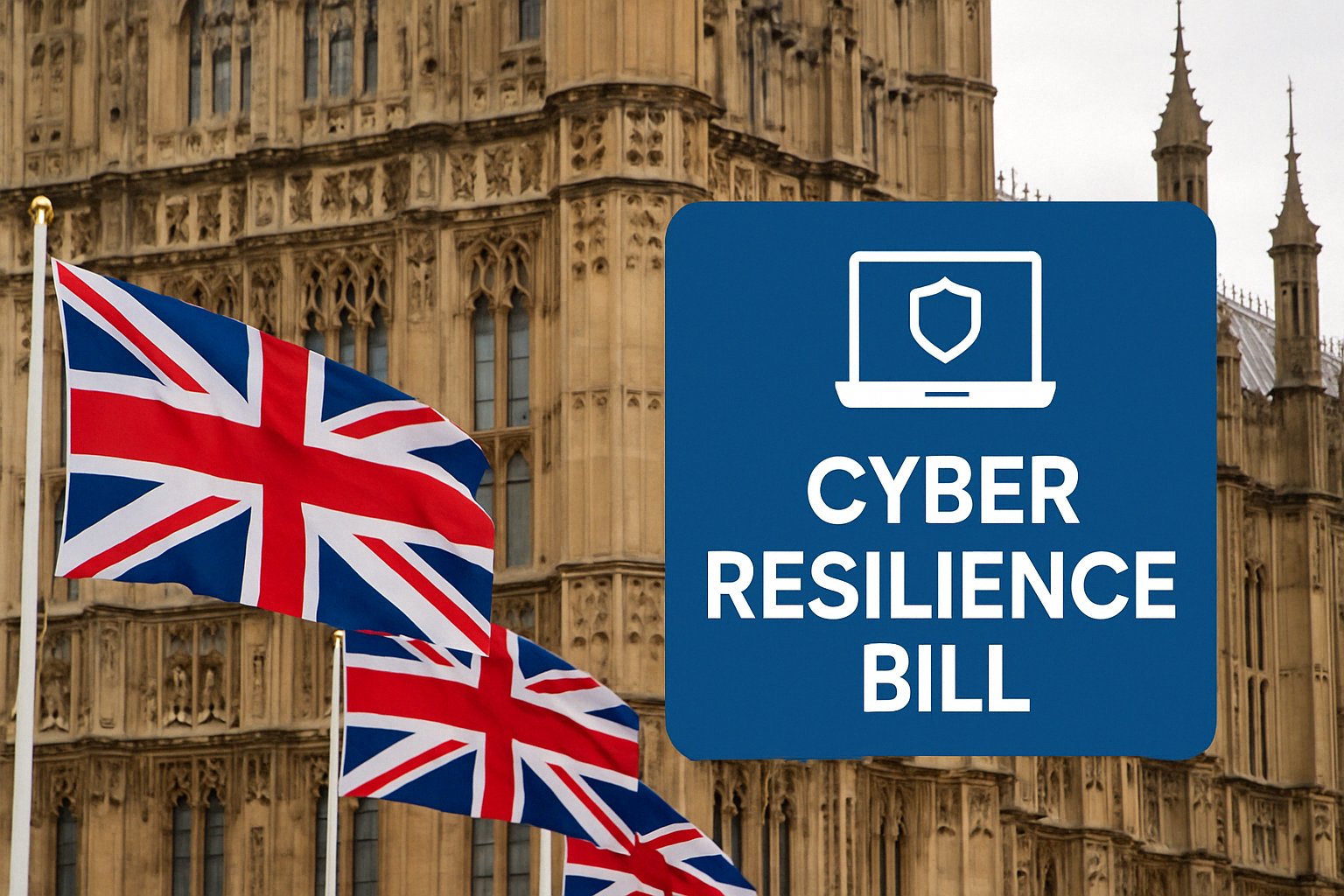Critical Infrastructure
-
Schneider Electric Devices Face Critical Vulnerability Risk
CISA has issued a security alert regarding critical vulnerabilities in Schneider Electric’s products, urging immediate action to mitigate risks and promoting best practices for cybersecurity.
-
Iranian Hackers Sustain Two-Year Intrusion on Critical National Infrastructure
An Iranian state-sponsored cyber group has maintained a two-year infiltration of critical infrastructure in the Middle East, prompting significant security concerns. The attacks, attributed to the Lemon Sandstorm group, highlight the evolving techniques of state-sponsored cyber espionage.
-
EU’s NIS2 Directive Toughens Cybersecurity Standards Across Member States
The EU’s NIS2 Directive, which took effect on 17 October 2024, imposes stricter cybersecurity requirements on essential and important organizations across various sectors, aiming to enhance overall security in the region.
-
UK Government Unveils Cyber Resilience Bill to Strengthen National Security
The UK government has introduced the Cyber Resilience Bill to enhance national cybersecurity measures, expand the definition of critical national infrastructure, and enforce stricter incident reporting requirements, reflecting a proactive approach to managing cyber threats.




